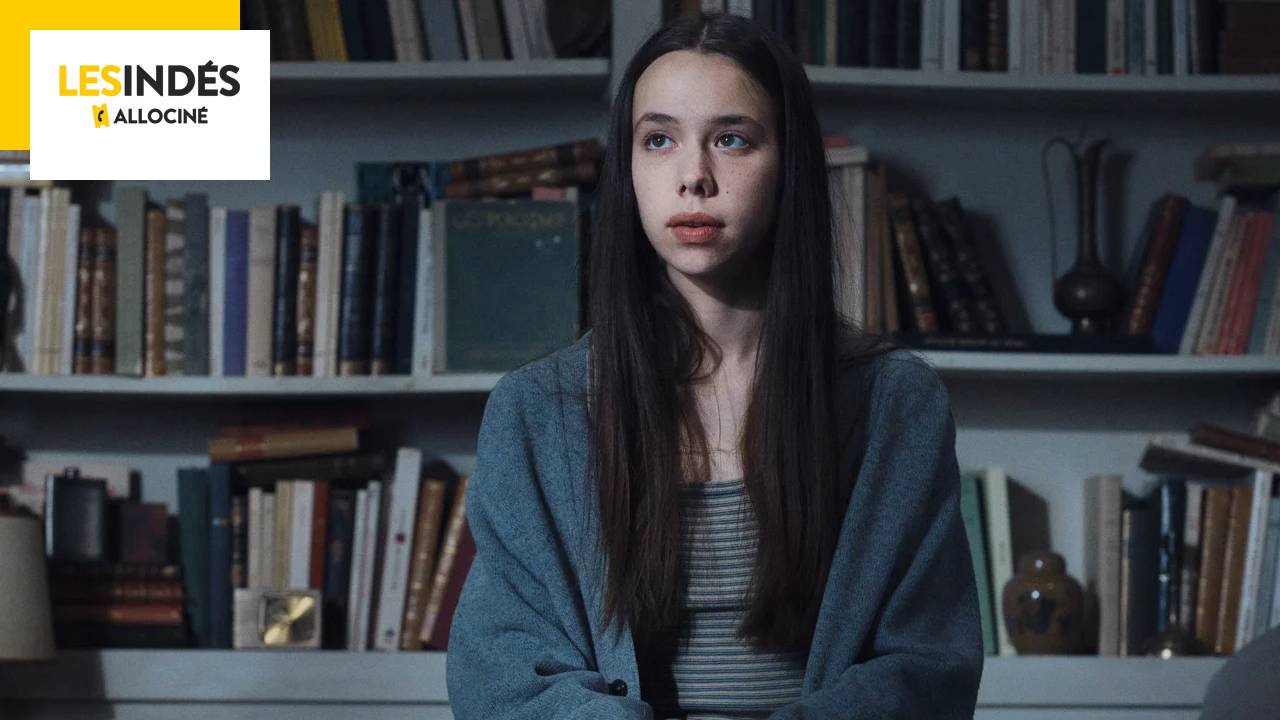Invited on the set of “Quotidien”, Vanessa Springora spoke about the adaptation of her shocking book “Le Consentement”, in theaters since October 11.
Released on our screens this Wednesday, October 11, Le Consentement is the second feature film directed by Vanessa Filho, after Gueule d’ange, directed by Marion Cotillard in 2018. But it is also, and above all, a shocking book by Vanessa Springora and published in January 2020.
A story which looks back on her controlling relationship with the writer Gabriel Matzneff, then aged 50 when she was only 14. It is notably a question of pedophilia, but also of the fact of re-appropriating a story. Hers. Which resonates even more today when the author has entrusted a director with the task of putting this part of her life into images.
Three years after its release in bookstores, Le Consentement is told in the cinema, with Jean-Paul Rouve and Kim Higelin in the main roles. But the adaptation process, in which Vanessa Springora collaborated, was not easy: “I hesitated a lot, because I found it really very difficult – very dangerous even”declares the writer on the set of Daily.
“There were a lot of pitfalls in the possible adaptation of this text. Because showing this relationship can also give the impression of [la] romanticize. It’s actually complicated to let people see without showing, without being explicit and without giving an idyllic image of something that is awful. Without being a foil either.”
Releases, news, interviews… Find all the latest news on Indie films
“You have to find the right balance and that’s what Vanessa Filho succeeded in doing very well, but I was very hesitant at the start, because I hadn’t written with the idea that this book could be set in images. Because I know that the image is much more direct, much more brutal, in a certain way.”
“And it took all the delicacy of a director like Vanessa Filho to be able to compensate, precisely, for this violence which is no longer mediated by words but by images. There is a side where we take this in the face. It’s a bit of an uppercut.”
It took all the delicacy of a director like Vanessa Filho to compensate, precisely, for this violence which is no longer mediated by words but by images.
“And, at the same time, I find that it is very important that the book is put into images and that it exists in this form, because I find that we see the violence even better. Cinema brings into play the bodies, the image, all the sensations. It’s a total art so we see much more the aberration, the anomaly that this story was.”
“Seeing the film was very difficult, obviously. First of all, there is a slightly schizophrenic side to seeing one’s life represented in the image. And, at the same time, there is also a detachment that occurs, because it “It’s me but it’s not me and, above all, what’s important is that today this story becomes everyone’s story.”
Marc Ausset Lacroix / Bestimage Jean-Paul Rouve, Carole Lambert, Vanessa Springora, Kim Higelin, Vanessa Filho, Elodie Bouchez, Marc Missonnier
“Many people will recognize themselves, I think, in this film. Unfortunately, because I am far from being the only one to have experienced a story of this type, and the figures say so. But what I find very important is “Today this story reaches a much wider audience.”
“That it also affects young people, perhaps also people who were not aware of this violence when reading the book and who, perhaps, thanks to the power of the image, will also come back to their point of view. And then I am lucky to have had this meeting with Vanessa Filho. And to have actors who interpreted this story and who blew me away.”
“The consent” by Vanessa Springora is still available from Grasset editions. And its film adaptation by Vanessa Filho is to be seen in the cinema at the moment.
